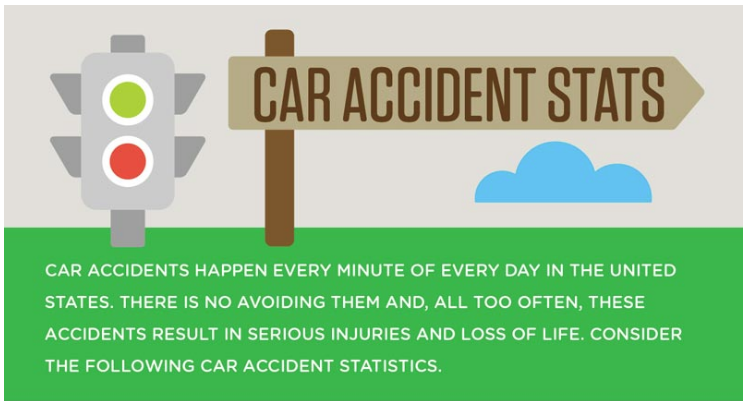Typically, when you think of a cab, you think of a yellow car or van with a taxi sign on top, but that image may not be the same for very much longer. The sources of transportation are increasing as a new wave of “independent” cab drivers affiliated with ride sharing services like Uber and Lyft are allowing individuals to earn money by using their personal vehicles to pick up “fares”.
These ride sharing services are not only giving traditional cab drivers a run for their money, but are causing concerns about the regulation of these services. Regulated taxi services have rules in place to designate policies for charging fares, resolving complaints, and insurance coverage. These services are not regulated like traditional taxis. Traditional cabs are generally required to carry insurance to protect against liability that could arise from motor vehicle accident injuries that involve passengers, pedestrians, and people in other vehicles.
For a free legal consultation, call (877) 333-1000
Ride sharing services do have insurance but there have already been incidents that illustrate the concern for regulating ride sharing services. For instance, a driver of a ride sharing service struck and killed a pedestrian last year. Unfortunately, there was controversy over insurance coverage for the incident because the ride sharing vehicle was in between fares at the time and the insurance agreement did not include coverage for incidents that occurred in between fares.
Since this incident, there have been changes in the ways that ride sharing services are insuring drivers and fares, but the services remain unregulated. As these services gain popularity and continue to operate in more and more places, there will be additional questions about how they should be monitored. It will certainly be interesting to see how different states and cities weigh in on this issue.
If you have been injured in an automobile accident, please contact DeMayo Law Offices for a free case evaluation at (877) 333-1000 .
Call or text (877) 333-1000 or complete a Free Case Evaluation form




